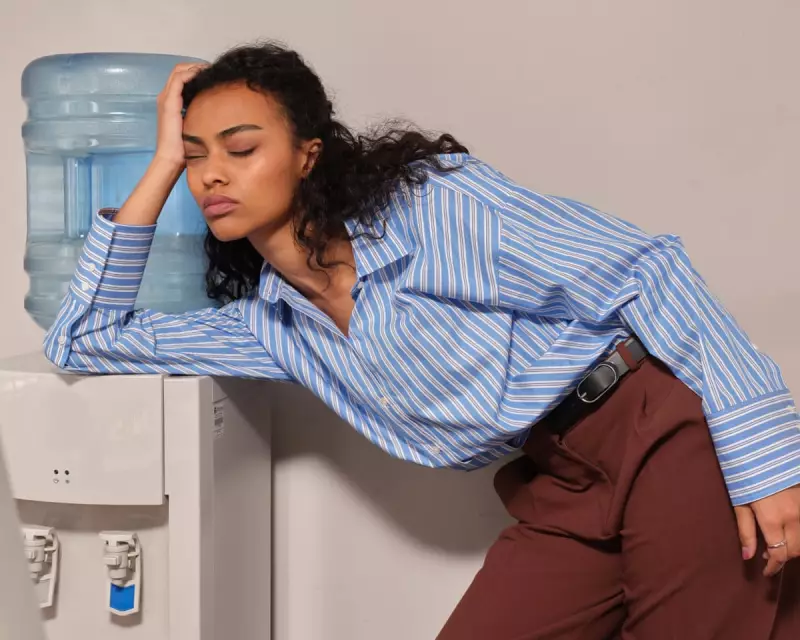
Are you constantly fighting fatigue despite getting enough sleep? You're not alone. Millions across Britain are experiencing persistent exhaustion, and medical experts warn that iron deficiency could be the silent culprit draining the nation's energy.
The Silent Energy Thief: Recognising Iron Deficiency
Iron deficiency anaemia occurs when your body lacks enough healthy red blood cells to carry adequate oxygen to your tissues. This oxygen shortage leaves you feeling permanently drained, breathless, and struggling to concentrate.
Beyond Simple Tiredness: The Warning Signs
While exhaustion is the most common symptom, iron deficiency manifests in several surprising ways:
- Persistent fatigue that doesn't improve with rest
- Pale skin and noticeable dark circles under eyes
- Heart palpitations and shortness of breath
- Headaches and dizziness
- Brittle nails and hair loss
- Restless legs syndrome
- Cravings for non-food items like ice or soil (a condition called pica)
Who's Most at Risk in the UK?
Certain groups are particularly vulnerable to iron deficiency. Women of reproductive age face higher risks due to menstrual blood loss, while vegetarians and vegans might struggle to absorb sufficient iron from plant-based sources alone. Other high-risk categories include frequent blood donors, people with gastrointestinal conditions like Crohn's disease, and those following restrictive diets.
The Diagnosis Dilemma
Many Britons suffer for months or even years before seeking help, often dismissing their symptoms as 'just stress' or 'normal tiredness.' NHS guidelines recommend consulting your GP if you experience persistent fatigue symptoms. A simple blood test can confirm iron levels and rule out other conditions.
Boosting Your Iron Intake: Practical Solutions
Increasing dietary iron is the first line of defence. Focus on incorporating these iron-rich foods:
- Red meat, poultry and fish for readily absorbed haem iron
- Lentils, beans and fortified cereals for plant-based sources
- Dark leafy greens like spinach and kale
- Nuts and seeds, particularly pumpkin seeds
Pro tip: Pair iron-rich foods with vitamin C sources like oranges or peppers to enhance absorption, and avoid drinking tea with meals as tannins can inhibit iron uptake.
When Diet Isn't Enough: Medical Interventions
For moderate to severe deficiency, your GP might recommend iron supplements. These can cause digestive side effects, so doctors often suggest starting with lower doses or trying different formulations. In extreme cases, intravenous iron might be necessary.
Don't accept exhaustion as your new normal. Understanding iron deficiency could be the first step toward reclaiming your energy and vitality.





